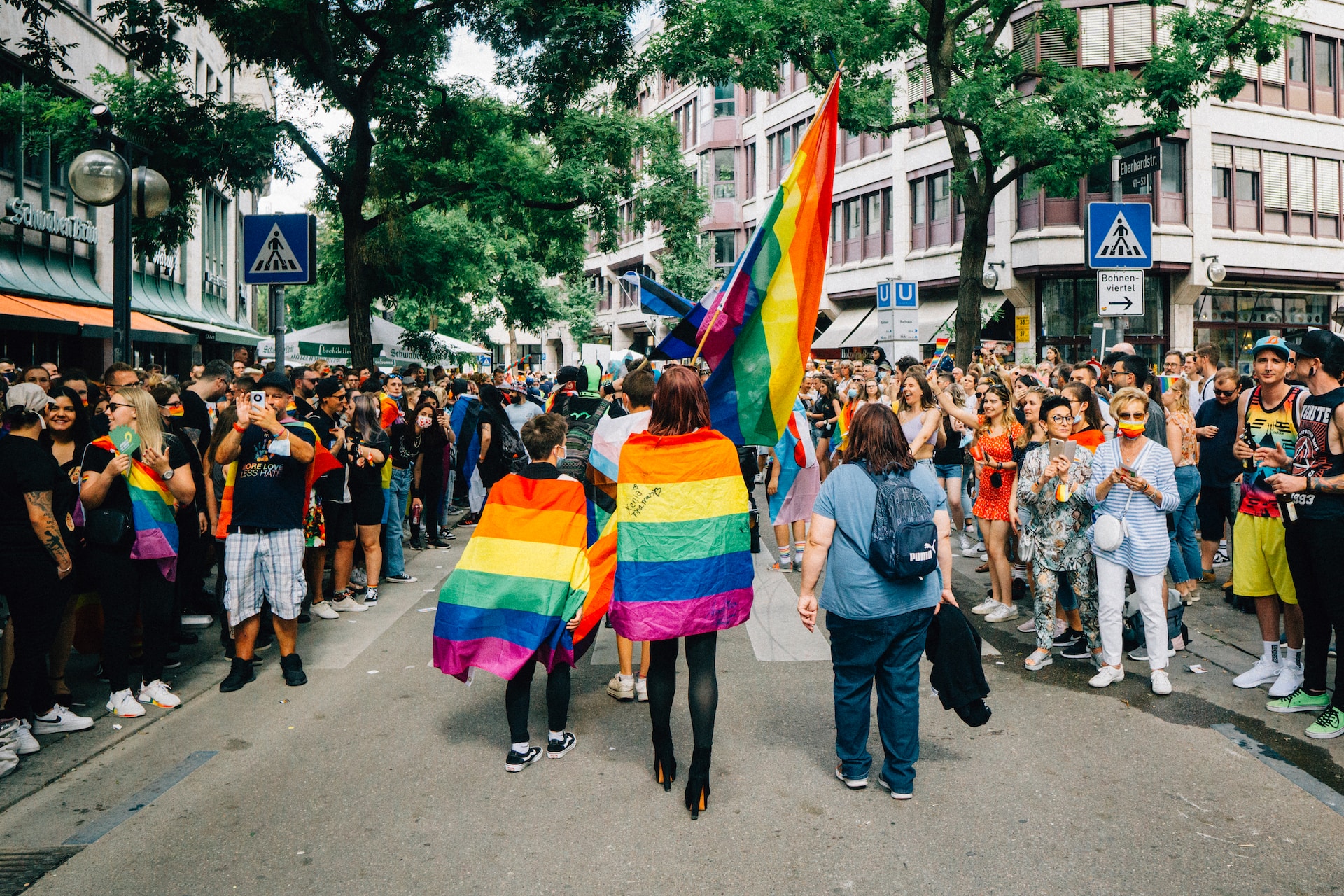
The Polish election has yielded results that are stirring cautious optimism among various marginalized communities. After an extended period under a government known for its conservative stance, particularly towards LGBTQ+ individuals, the country stands at the cusp of a potential change in governance.
Breathing a Sigh of Relief
For people like Bart Staszewski, a gay man and LGBTQ+ activist, the election’s outcome promises a respite from the onslaught of governmental hostility. Staszewski, along with many in the LGBTQ+ community, has faced an environment rife with fear and anxiety as the previous ruling party, Law and Justice (PiS), propagated an anti-LGBTQ+ agenda.
The Beautiful Resistance
Despite the challenges, a robust LGBTQ+ movement has emerged, demonstrating resilience and solidarity. Activists like Staszewski now hope to leverage this momentum to advocate for more inclusive legislation, aiming to include sexual orientation and gender expression in hate crime laws.
The Road Ahead
The path forward is not without obstacles. The PiS-aligned president retains veto power, which could complicate legislative efforts. Moreover, Donald Tusk’s government has expressed intentions to prioritize the introduction of same-sex civil partnerships, signaling a step forward, though the full realization of LGBTQ+ rights remains to be seen.

A Mixed Reception Among Refugee Advocates
The election results also brought a measure of hope to organizations like the Ocalenie Foundation, which aids refugees and migrants. Board member Kalina Czwarnóg remains measured in her enthusiasm, wary of the new government’s stance on immigration, given the harsh rhetoric employed during the campaign period.
Humanitarian Crisis at the Border
The Polish-Belarusian border has been the site of a humanitarian crisis, with asylum seekers from war-torn regions facing deplorable conditions. Advocacy groups have accused Poland of violating international law by denying these individuals the right to apply for asylum. The election results have introduced new representatives sympathetic to the migrants’ plight, which could signal a shift in policy and attitude.
A Chance for Institutional Reform
The Helsinki Foundation for Human Rights views the election as an opportunity to address issues of democratic integrity and judicial independence. For eight years, civil society has been in a defensive mode, fighting to protect fundamental freedoms. With the new government, there’s a cautious hope for progress in strengthening democracy and the rule of law.
An Optimistic Outlook
Despite the complexities of political change, the high voter turnout and the dedication shown by citizens waiting hours to vote are sources of inspiration. These signs of civic engagement suggest a population eager to steer their country towards a more inclusive and democratic future.
Conclusion
Poland stands at a pivotal moment, where the election results have opened up possibilities for marginalized communities and set the stage for potential changes in policy and governance. The true impact of these results will unfold in the coming months, as the new government takes shape and begins to address the challenges left by its predecessors.
©equalityvoices.org
